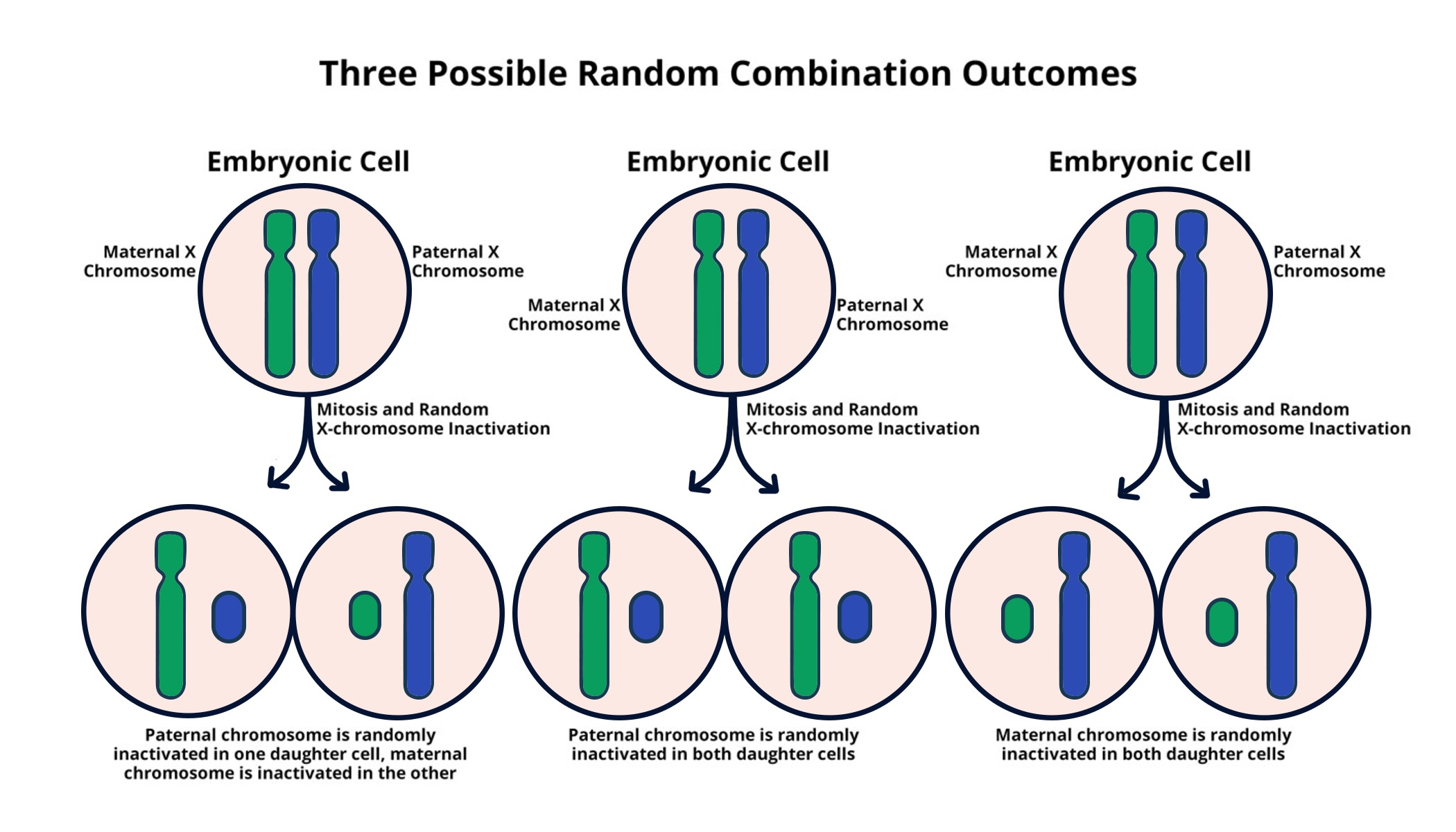Health management apps are revolutionizing the way individuals approach their well-being, offering a digital health coach that fits right in your pocket. Tailored specifically for patients navigating complex health challenges—such as those in cancer patient support—these applications utilize advanced algorithms to provide personalized guidance and motivation. With the integration of reinforcement learning technology, they can adapt in real-time to the user’s evolving needs, thereby enhancing medication adherence and delivering just-in-time interventions when they are most needed. For instance, rather than simply sending generic reminders, these apps change their responses based on user feedback, making them much more effective. Beyond mere tracking, health management apps stand at the intersection of technology and healthcare, bridging the gap between personal responsibility and digital support, ultimately leading to better health outcomes.
Digital wellness applications, often referred to as health tracking platforms, have emerged as crucial tools for managing various health-related issues. These platforms provide users with readily accessible resources that promote medication compliance and behavioral change, particularly for those dealing with chronic conditions. By leveraging technology akin to a virtual coach, such platforms can facilitate timely interventions and support systems tailored to individual patients’ circumstances. The use of machine learning enables these applications to refine their strategies based on user interactions, adapting messages and reminders for optimal engagement. In essence, these innovative solutions offer versatile support for individuals, ensuring they receive personalized encouragement throughout their health management journey.
Understanding Health Management Apps
Health management apps have emerged as indispensable tools for patients grappling with chronic conditions. These applications provide personalized support, making it easier for patients to adhere to treatment regimens and manage their health effectively. From tracking medication schedules to offering reminders about doctor appointments, these apps utilize advanced algorithms and real-time data to cater to the unique needs of each user, ultimately aiming to enhance patient outcomes.
Particularly for cancer patients, health management apps are revolutionizing the way they receive care. By integrating functionalities such as medication adherence tracking and virtual support groups, these applications serve as comprehensive resources during the challenging recovery phases. Reinforcement learning within these apps tailors interventions based on user behavior, ensuring that support provided is timely and relevant.
The Role of Digital Health Coaches
Digital health coaches, often embedded within health management apps, provide personalized guidance and support to individuals seeking to improve their health outcomes. These virtual coaches leverage artificial intelligence and data analytics to interact with users dynamically, offering tailored advice that evolves with their progress and challenges. For instance, a digital health coach might prompt users with tailored motivational messages at times strategically identified as most impactful, effectively reinforcing positive behaviors.
This innovative approach is particularly beneficial for cancer patients, who often face complex treatment protocols and emotional challenges. By utilizing reinforcement learning, digital health coaches can adapt their strategies based on user responses, improving medication adherence rates and boosting overall morale. Just-in-time interventions, facilitated by digital health coaches, empower patients to make informed decisions about their health at critical moments.
Cancer Patient Support through Technology
The journey of a cancer patient is fraught with obstacles, from physical side effects of treatment to emotional strains. Technology, especially through health management apps, is at the forefront of providing the necessary support. These applications not only remind patients to take their medications but also provide emotional uplift through interactive features and community support functionalities, which are crucial in overcoming isolation during treatment.
Apps designed specifically for cancer support often incorporate features such as symptom tracking, educational resources, and social networking opportunities. This holistic approach not only addresses the clinical needs of patients but also contributes to their well-being by ensuring they feel connected and supported throughout their journey.
Reinforcement Learning in Health Apps
Reinforcement learning is a cornerstone technology in modern health management applications. This dynamic algorithmic approach allows apps to learn from user interactions, making personalized adjustments to enhance engagement and compliance. For instance, rather than sending generic reminders, reinforcement learning enables apps to determine the optimal time and type of message that resonates with each individual user, thus increasing the likelihood of medication adherence.
This technology empowers health management apps to evolve continuously. By analyzing user behavior over time, the algorithms can detect patterns in medication adherence and identify moments when users require additional motivation or support. Such adaptability is key to fostering long-term health management, particularly for those contending with chronic illnesses.
Just-in-Time Interventions Explained
Just-in-time interventions refer to timely support provided by health management apps based on real-time data and user behavior. This approach is crucial for patients managing complex health conditions, as it aims to deliver assistance precisely when it is needed. For example, a notification reminding a cancer patient to take their medication might be sent based on an algorithm assessing when they are most likely to be receptive, ensuring that users receive the right support at critical moments.
This strategy not only helps maintain medication adherence but also enhances the overall patient experience. By utilizing just-in-time interventions, health management apps create an environment where patients feel supported without the overwhelm of constant notifications. This balance is vital in fostering a positive attitude towards health management and encouraging sustained engagement with treatment programs.
Enhancing Medication Adherence with Apps
Medication adherence is a significant challenge for many patients, particularly those undergoing cancer treatment. Health management apps are proving to be powerful allies in overcoming this hurdle. By providing features such as customizable reminders, educational content about the importance of timely medication, and tracking functionalities, these apps help ensure that patients stick to their treatment regimens.
Furthermore, the incorporation of social support features allows patients to engage friends or family in their medication journey, reinforcing accountability. Such collaborative approaches not only enhance adherence rates but also foster a sense of community and encouragement among users, leading to improved overall health outcomes.
Social Networks and Patient Engagement
Social networks integrated into health management apps serve a crucial role in enhancing patient engagement and support. By connecting users with peers facing similar health challenges, these platforms create opportunities for sharing experiences, advice, and encouragement, which are invaluable for emotional resilience. For cancer patients, being part of a supportive community can alleviate feelings of isolation and empower them to take an active role in their health management.
Moreover, these social features can also facilitate communication between patients and their caregivers, promoting a collaborative approach to health management. This synergy between medical advice and peer support can lead to better treatment adherence and improved coping strategies, ultimately enhancing the quality of life for patients during their treatment journeys.
The Future of Health Management Apps
As technology continues to advance, the future of health management apps looks promising. Innovations in artificial intelligence, machine learning, and user interface design will likely lead to even more personalized and effective tools for patients. The integration of features that allow users to monitor their health in real-time, alongside the ability to interface with healthcare providers directly through these applications, will streamline care and potentially transform patient experiences.
Moreover, as health management apps become more sophisticated, we can expect to see a greater emphasis on data privacy and security, ensuring that users feel safe while managing their sensitive health information. With continuous improvements in functionality and user experience, health management apps are poised to become indispensable components of healthcare, particularly for patients managing chronic conditions like cancer.
Implementing Behavioral Strategies in Health Apps
Behavioral strategies play a critical role in the effectiveness of health management apps. By incorporating psychological principles, these applications can motivate users to adopt healthier habits and adhere to their medical regimens. For instance, gamification elements, such as rewards for completing tasks or sharing achievements within a community, can incentivize users to stay committed to their health goals.
Additionally, understanding the behavioral triggers that lead to lapses in adherence can help app developers tailor interventions more effectively. By analyzing user behavior data, health management applications can evolve to provide support that directly addresses common challenges, thereby promoting consistent engagement and better health outcomes.
Frequently Asked Questions
How do health management apps support medication adherence for cancer patients?
Health management apps play a critical role in supporting medication adherence for cancer patients, particularly those who face complex treatment regimens. By utilizing reinforcement learning algorithms, these apps can personalize reminders and motivational messages based on individual patient interactions, increasing the likelihood of timely medication intake. This tailored approach addresses the unique challenges of each patient’s recovery process.
What is a digital health coach and how does it work in health management apps?
A digital health coach is an integrated feature in health management apps that provides real-time feedback and guidance to users. Utilizing artificial intelligence, these coaches learn from user interactions and adapt their support dynamically, which is especially beneficial for managing chronic conditions or following medication protocols. This personalized support encourages users to engage more actively with their health management plans.
What is just-in-time intervention in health management apps?
Just-in-time intervention is a key feature of modern health management apps that delivers support precisely when it is needed. By analyzing user data and behavioral patterns, these apps can provide timely prompts or resources to encourage adherence to treatment plans or medication schedules. This strategy has proven effective in enhancing user engagement and improving health outcomes for individuals facing serious health challenges.
How do health management apps utilize reinforcement learning to enhance patient support?
Health management apps leverage reinforcement learning to continuously adapt to the needs of each user. By collecting and analyzing interaction data, these apps can refine their support strategies, ensuring that notifications and recommendations are relevant and effective. In the context of cancer recovery, this means delivering personalized messages and assistance that align with the patient’s current situation, thereby improving adherence to medication protocols.
What role do health management apps play in supporting family-care partners of cancer patients?
Health management apps significantly support family-care partners by offering tools for medication management and emotional support. Through features that facilitate communication and shared responsibilities, these apps help caregivers to monitor treatment protocols and remain actively involved in the patient’s recovery. Additionally, collaborative features may enhance relationships, making it easier for caregivers to provide the necessary support.
How can health management apps aid in cancer patient support beyond medication adherence?
Beyond medication adherence, health management apps can aid cancer patients through features that provide educational resources, track symptoms, and facilitate connections with support networks. By offering a comprehensive approach to care, these apps empower patients to manage their overall health, while also providing insights and data that can be shared with healthcare providers for more effective treatment planning.
Are health management apps effective in reducing cannabis use among young adults?
Yes, health management apps have shown effectiveness in reducing cannabis use among young adults by employing reinforcement learning algorithms that adapt interventions to user behavior. Programs like MiWaves have been developed to provide personalized support and reminders that align with the user’s journey, thereby promoting healthier choices and reducing reliance on substances.
What are the benefits of using health management apps for cancer patients undergoing stem cell transplantation?
Health management apps offer numerous benefits for cancer patients undergoing stem cell transplantation, including real-time medication reminders, personalized support from digital health coaches, and features designed to enhance caregiver-patient communication. By addressing the complexities of recovery, these apps help ensure patients adhere to treatment regimens while receiving tailored support that caters to their unique needs.
| Key Aspect | Description |
|---|---|
| Target Users | Cancer patients, particularly those undergoing stem cell transplantation, and caregivers. |
| Technology Used | Reinforcement learning algorithms that adapt to user needs in real-time. |
| Key Features | Just-in-time interventions, personalized prompts, social support tools. |
| Current Developments | ADAPTS HCT trial for stem-cell transplant patients; MiWaves app for cannabis users. |
| Goals | To improve medication adherence and enhance caregiver-patient relationships. |
Summary
Health management apps represent an innovative approach to personal healthcare, acting as digital coaches that assist users in navigating complex health challenges. With sophisticated algorithms that learn and adapt to individual needs, these applications are particularly beneficial for cancer patients and their caregivers. By providing real-time support and personalized interventions, health management apps can significantly improve medication adherence and overall health outcomes.


